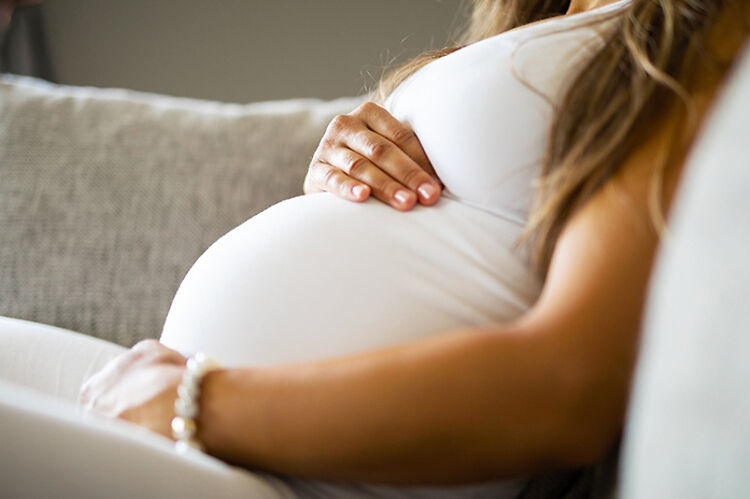Pregnancy can be exciting but it can also bring ups and downs for mums, dads, and support people. While it is normal to swing between excitement and feelings of worry as parenthood draws closer, an extended period of low moods can mean that you are experiencing antenatal anxiety or depression, and it’s time to seek support. Help is always available to you.
What are antenatal anxiety and depression?
“Antenatal” refers to the period after conception and before birth, so essentially the time during pregnancy. In Australia, around one in five mothers and one in ten fathers will experience antenatal anxiety or depression. This is a challenging time, though it is typically temporary, and support is available.
What are the signs and symptoms of antenatal anxiety and depression?
Signs that may indicate you or someone you know are experiencing anxiety or depression before the birth of their child include:
- An increase in or prolonged period of low moods
- A lack of energy
- Fatigue
- A lack of interest in things they used to enjoy
- Withdrawing from friends and family
- Losing interest in intimacy
- Feeling frequently on edge
- Risk-taking behavior
- Thoughts of self-harm or suicide
- Brain ‘fog’
- Panic attacks
- Mood swings
- Persistent worry thoughts
Adjusting to change through the antenatal period
Pregnancy comes with many changes, and some of these can be challenging to cope with. Communicating about how you are feeling can be scary, but it is a good step in adapting to the changes occurring in your life.
Relationship changes:
Being soon-to-be parents can change your relationship with your partner. Sometimes the relationship will strengthen, sometimes it will face challenges, and sometimes it can evolve or take a new form. If you are struggling with changes in your relationship dynamic, make time to let your partner know and you might want to seek support individually or together.
Changes to mum’s body during pregnancy can impact her self-image and intimacy within the relationship. As a partner, it can help to remind your pregnant partner that their body is doing an amazing thing. You might need to have conversations around physical boundaries and expectations during this time.
Loss of pre-parenthood life:
Many soon-to-be parents experience feelings of loss and grief around the life they will ‘lose’ once they become parents, or once they have a second child. These feelings are normal; life will not be the same as before, however, so many of the things you value from that stage of your life can still exist, like your connection with friends and family.
There will be new complexities and new joys to come with your post parenthood life. If you are struggling with the idea of losing parts of your life after birth, reach out for support.
How can I access support for antenatal depression or anxiety?
If you feel overwhelmed or sad and it is impacting your life or your sense of general well-being, it might be time to seek out support. You can begin by reaching out to a loved one to let them know how you feel. Perhaps you could ask them to accompany you to any relevant appointments needed to address your mental health.
The next step is to find professional support. This could mean talking to your doctor and asking for a referral to a mental health specialist or making an appointment with your pre-existing counselor (if you have one).
If you have questions about what steps you need to take, you can contact PANDA – Perinatal Anxiety & Depression Australia.
You can call the PANDA helpline on 1300 726 306 from Monday to Friday between 9 am and 7:30 pm (AEDT/AEST). There is also a great deal of information at ww.panda.org.au
If you need urgent help outside of hours, you can call Lifeline on 13 11 14.



